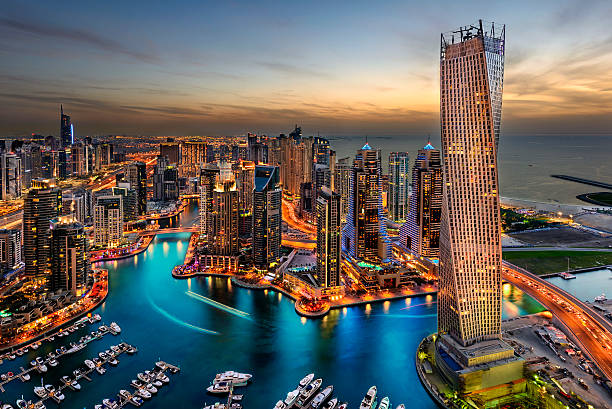What foods to avoid eating if you have high blood pressure?
If you have high blood pressure (hypertension), it's important to manage your diet to help control your condition.
Here's a list of foods you should generally avoid or limit:
Sodium-rich Foods: Excess sodium can contribute to higher blood pressure. Avoid or minimize consumption of high-sodium foods like processed foods, canned soups, salty snacks, and fast food.
Processed Foods: These often contain high levels of sodium, unhealthy fats, and added sugars. Examples include baked goods, packaged snacks, sauerkraut, ramen noodles, deli meats, and pre-packaged meals, pre-made soups.
Canned and Pickled Foods: These tend to be high in sodium due to the preserving process for example canned tomato products, pickles, frozen meals, and canned beans. Opt for fresh or frozen alternatives whenever possible.
Fried Foods: Fried foods are often high in unhealthy fats, which can contribute to heart problems and worsen hypertension.
Fatty Meats: High-fat cuts of red meat, especially those with visible fat or marbling, should be limited. Choose lean protein sources like skinless poultry, fish, legumes, and tofu.
Full-Fat Dairy: Whole milk, cheese, and other full-fat dairy products can contribute to higher cholesterol levels. Opt for low-fat or non-fat versions.
Processed Meats: Sausages, hot dogs, bacon, and other processed meats are typically high in sodium and unhealthy fats.
Sugary Foods and Drinks: Excessive sugar intake can lead to weight gain and insulin resistance, which can impact blood pressure. Avoid sugary snacks, candy, donuts, desserts, sweetened beverages, soft drinks, etc.
Alcohol: High alcohol consumption can raise blood pressure. If you choose to drink, do so in moderation (up to one drink per day for women and up to two drinks per day for men).
Caffeine: While moderate caffeine consumption might be acceptable, excessive caffeine intake can temporarily raise blood pressure. Be mindful of energy drinks and strong coffee.
Highly Processed Grains: Refined grains like white bread, white rice, and sugary cereals lack fiber and nutrients. Choose whole grains like brown rice, whole wheat bread, and quinoa.
Excessively Salty Condiments: Condiments like soy sauce, ketchup, and certain salad dressings can contain a lot of hidden sodium. Opt for reduced-sodium or salt-free versions.
High-Sodium Sauces: Many sauces, such as teriyaki sauce and some pasta sauces, can be high in sodium. Look for low-sodium alternatives or make your own sauces using fresh ingredients.
Disclaimer: Individual dietary needs may vary, so it's a good idea to consult with a healthcare professional or a registered dietitian to create a personalized diet plan that suits your specific health needs and preferences. A balanced diet rich in whole foods, fruits, vegetables, lean proteins, and healthy fats can play a significant role in managing high blood pressure.
Also Read:
What are the side effects of AMLO 5mg?
Can a high blood pressure pill Amlo-5 harm kidneys?
How to get rid of Belly Fat? Effective tips to lose Belly Fat
What are the side effects of AMLO 5mg?
Can a high blood pressure pill Amlo-5 harm kidneys?
How to get rid of Belly Fat? Effective tips to lose Belly Fat




Comments
Post a Comment